Watch
Events
Articles
Market
More
TODAY IS ALIYATH YESHUA
Aliyath Yeshua occurs on the 40th day of the Omer, and was the day of Yeshua’s ascension into the heavens after his death and resurrection during Chag Hamatzoth, the Festival of Unleavened Bread.
The scripture readings are: Ma’asey (Acts) 1:11; Luqas (Luke) 24:50-53 and Marqos (Mark) 16:19-20.
“The first account I made, O Theophilos, of all that Yeshua began both to do and to teach, until the day when he was taken up, after giving instructions through the Set-apart Spirit to the emissaries whom he had chosen, to whom He also presented himself alive after his suffering by many infallible proofs, being seen by them for forty days, speaking concerning the Kingdom of Elohim. And meeting with them, he commanded them not to leave Yerushalayim, but to wait for the promise of the Father, ‘which you have heard from me – because Yochanan truly immersed in water, but you shall be immersed in the Set-apart Spirit not many days from now.’ So, when they had come together, they asked him, saying, ‘Master, would you at this time restore the Kingdom to Yisra’el?’ And he said to them, ‘It is not for you to know times or seasons which the Father has put in His own authority. But you shall receive power when the Set-apart Spirit has come upon you, and you shall be my witnesses in Yerushalayim, and in all Yehudah and Shomeron, and to the end of the earth.’ And having said this, while they were looking on, he was taken up, and a cloud hid him from their sight. And as they were gazing into the heaven as he went up, see, two men stood by them dressed in white, who also said, ‘Men of Galil, why do you stand looking up into the heaven? This same Yeshua, who was taken up from you into the heavens, shall come in the same way as you saw him go into the heavens.’”
“If anyone then says to you, ‘Look, here is the Messiah!’ or ‘There!’ do not believe. For false messiahs and false prophets shall arise, and they shall show great signs and wonders, so as to lead astray, if possible, even the chosen ones. See, I have forewarned you! So, if they say to you, ‘Look, He is in the desert!’ do not go out; or ‘Look, He is in the inner rooms!’ do not believe. For as the lightning comes from the east and shines to the west, so also shall the coming of the Son of Adam be. For wherever the dead body is, there the vultures shall be gathered together. And immediately after the distress of those days the sun shall be darkened, and the moon shall not give its light, and the stars shall fall from the heaven, and the powers of the heavens shall be shaken. And then the sign of the Son of Adam shall appear in the heaven, and then all the tribes of the earth shall mourn, and they shall see the Son of Adam coming on the clouds of the heaven with power and much esteem. And he shall send his angels with a great sound of a trumpet, and they shall gather together his chosen ones from the four winds, from one end of the heavens to the other.”
“Now, brothers, we do not wish you to be ignorant concerning those who have fallen asleep, lest you be sad as others who have no hope. For if we believe that Yeshua died and rose again, so also Elohim shall bring with him those who sleep in Yeshua. For this we say to you by the word of the Master, that we, the living who are left over at the coming of the Master shall in no way go before those who are asleep. Because the Master himself shall come down from heaven with a shout, with the voice of a mighty angel, and with the trumpet of Elohim, and the dead in Messiah shall rise first. Then we, the living who are left over, shall be caught away together with them in the clouds to meet the Master in the air – and so we shall always be with the Master. So, then, encourage one another with these words.”
“To him who loved us and washed us from our sins in his own blood and has made us kings and priests to his Elohim and Father, to him be glory and rule forever and ever! Amein! See, he is coming with the clouds, and every eye shall see him, even they who pierced him! And all the tribes of the earth shall mourn because of him! Yes, Amein!”
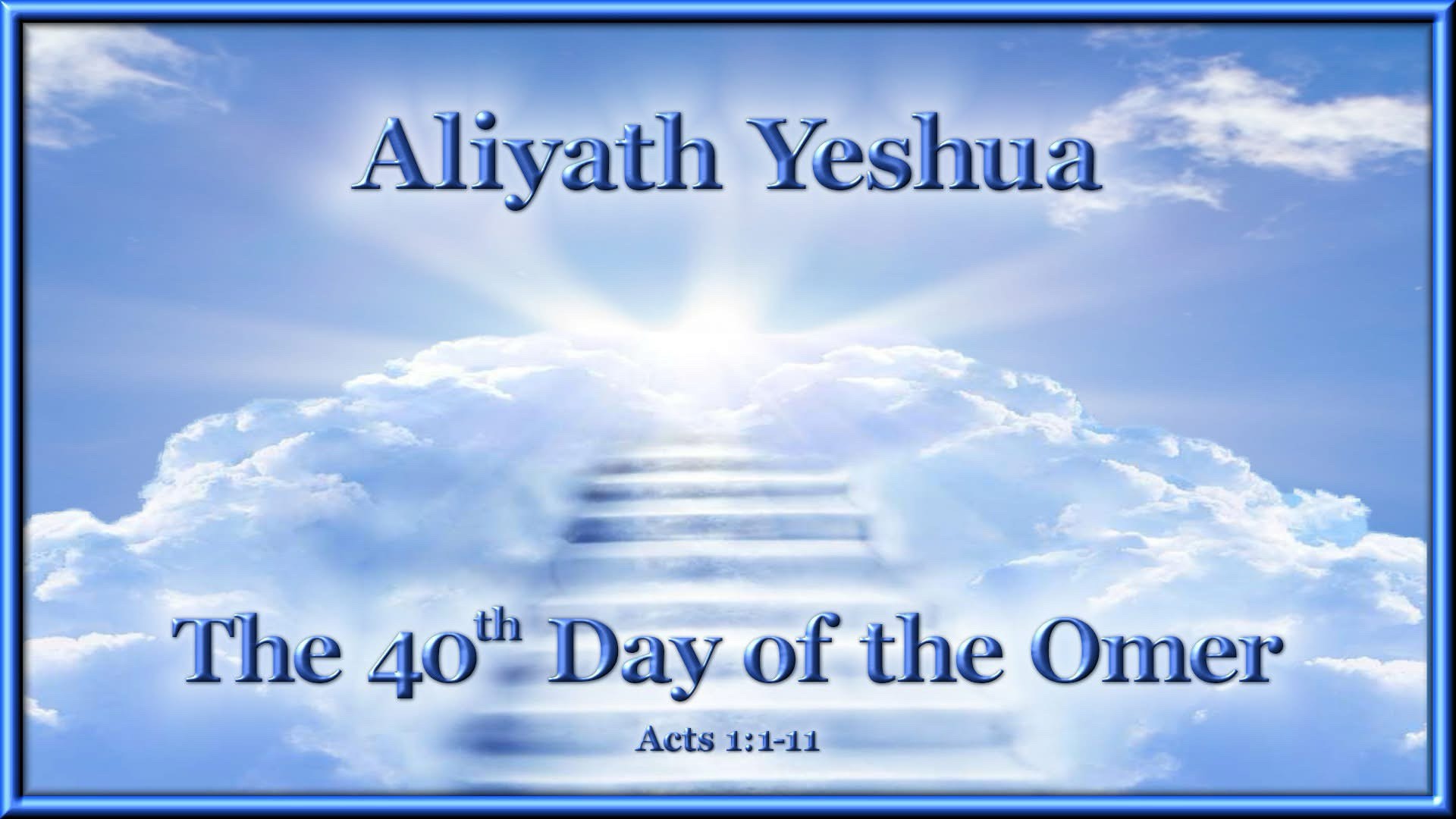



READINGS FOR OMER COUNT – DAY 40
Behold, I am about to fulfill the affirmative precept of the counting of the Omer, as it is written in the Torah:
“And ye shall count unto you from the morrow after the Shabbath, from the day that ye brought the Omer of the wave-offering, seven complete weeks they shall be; until the morrow of the seventh Shabbath shall ye number fifty days.”
Blessed art Thou YHWH, our Elohym, King of the universe, who hast set us apart by Thy commandments and hast given us command concerning the counting of the Omer.
This is the fortieth day, making five weeks and five days of the Omer.
May the All Merciful restore the service of the Temple to its place. May it be Thy will, YHWH our Elohym and Elohym of our fathers, that the Temple be speedily rebuilt in our days, and grant our portion in Thy Torah. And there we will serve Thee with awe, as in the days of old and as in ancient years.
May Elohym be favorable unto us and bless us. That Thy way may be known upon the earth, Thy salvation among all nations. Let the peoples give thanks unto Thee, Elohym; let all the peoples give thanks unto Thee. Let the nations rejoice and exult: for Thou wilt judge the peoples with equity and lead the nations upon the earth. Let the peoples give thanks unto Thee, Elohym; let all the peoples give thanks unto Thee. The earth hath yielded her increase: Elohym, even our Elohym, shall bless us. Elohym shall bless us; and all the ends of the earth shall fear Him.
READINGS: TEHILLAH 107
Give thanks to YHWH! For He is excellent, For His mercy is everlasting.
Let the redeemed of YHWH say so, Whom He has redeemed from the hand of the adversary, And gathered out of the lands, From east and from west, From north and from south.
They wandered in a wilderness, in a desert way; They found no city to dwell in.
Hungry and thirsty, Their being in them grew faint.
Then they cried out to YHWH in their distress, He delivered them out of their troubles.
And He guided them by the right way, To go to a city to settle.
Let them give thanks to YHWH for His mercy, And His wonders to the children of men!
For He has satisfied a longing being, And has filled the hungry being with excellence.
Some sat in darkness and in the shadow of death, Bound in affliction and irons, Because they rebelled against the words of Ěl, And despised the counsel of the Most High.
And He humbled their heart by toil; They stumbled, and there was no one to help.
And they cried out to YHWH in their distress, And He saved them out of their troubles.
He brought them out of darkness and the shadow of death, And He broke their chains in pieces.
Let them give thanks to YHWH for His mercy, And His wonders to the children of men!
For He has broken the gates of bronze, And He cut the bars of iron in two.
Fools, because of their transgression, And because of their crookednesses, were afflicted.
Their being loathed all food, And they drew near to the gates of death, And cried out to YHWH in their distress, He saved them out of their troubles.
He sent His word and healed them, And delivered them from their destructions.
Let them give thanks to YHWH for His mercy, And His wonders to the children of men!
And let them slaughter sacrifices of thanksgiving, And relate His works with rejoicing.
Those who go down to the sea in ships, Doing work in many waters, They see the works of YHWH, And His wonders in the deep.
For He commands and raises the stormy wind, Which lifts up the waves of the sea.
They go up to the heavens, They go down to the depths; Their being is melted because of evil.
They celebrate and stagger like a drunkard, And all their wisdom is swallowed up.
Then they cry out to YHWH in their distress, And He brings them out of their troubles.
He caused the storm to be still, So that its waves were silent.
And they rejoice because they are hushed; And He leads them to the haven of their delight.
Let them give thanks to YHWH for His mercy, And His wonders to the children of men!
And let them exalt Him in the assembly of the people, And praise Him in the seat of the elders.
He makes rivers become a wilderness, And the fountains of water become a dry ground; A land of fruit becomes a salty desert, For the evil of those who dwell in it.
He makes a wilderness become a pool of water, And dry land become fountains of waters.
And He causes the hungry to dwell there, And they build a city to settle in, And they sow fields and plant vineyards, And they make fruits of increase.
And He blesses them, And they increase greatly; And He lets not their cattle diminish.
But when they are diminished and brought low Through oppression, evil and sorrow, He pours scorn on nobles, And causes them to wander in a pathless waste; But He raises the poor up from affliction, And makes their clans like a flock.
The straight ones see, and rejoice, And all unrighteousness shuts its mouth.
Who is wise? Then let him observe these matters! Let them understand the mercies of YHWH.
READINGS: TEHILLAH 108
O Elohim, my heart is steadfast; I sing and give praise – even my esteem.
Awake, harp and lyre! I awake the dawn.
I praise You, O YHWH, among peoples, And I sing praises to You among the nations.
For Your mercy is great above the heavens, And Your truth reaches to the clouds.
Exalt Yourself above the heavens, O Elohim, And Your esteem above all the earth; In order that those You love Might be delivered. Save with Your right hand, And answer me.
Elohim has spoken in His set-apartness, “I exult, I portion out Sheḵem, And I measure out the Valley of Sukkoth.
“Gil‛aḏ is Mine, Menashsheh is Mine, And Ephrayim is My chief defence, Yehuḏah is My inscriber.
“Mo’aḇ is My wash-pot, Over Eḏom I cast My shoe, Over Philistia I raise a shout.”
Who would bring me into the strong city? Who shall lead me to Eḏom?
Have You not rejected us, O Elohim? And You do not go out with our armies, O Elohim!
Give us help from distress, For the help of man is naught.
In Elohim we do mightily, For it is He who treads down our adversaries.
READINGS: MISHLE 24:19-34
Do not fret because of evil-doers, And do not envy the wrong; For there is no future for the evil-doer; The lamp of the wrongdoers is put out.
My son, fear YHWH and the king; Do not mingle with those who change; For their calamity arises suddenly, And who knows the ruin of both of them?
These also are for the wise: It is not excellent to show partiality in judgment.
He who says to the wrong, “You are righteous” – peoples curse him, Nations despise him.
But those who rebuke the wrong, It is pleasant, and an excellent blessing comes on them.
He who gives a right answer kisses the lips.
Prepare your outside work, And make it fit for yourself in the field; Then you shall build your house.
Do not witness against your neighbor without cause, And do not deceive with your lips.
Do not say, “Let me do to him as he did to me; I repay each according to his work.”
I passed by the field of the lazy, And by the vineyard of the man lacking heart; And see, it was all overgrown with thorns; Its surface was covered with nettles; And its stone wall was broken down.
When I saw it, I set my heart on it; I looked and received discipline: A little sleep, a little slumber, A little folding of the hands to rest; And your poverty shall come, a prowler, And your need like an armed man.
READINGS: AVOTH 5:5-9
Ten miracles were wrought for our fathers in Mitzrayim, and ten at the Sea.
Ten plagues did Haqadosh, blessed be He, bring upon the Mitzrym in Mitzrayim, and ten at the Sea.
With ten trials did our fathers try Haqadosh, blessed be He, in the wilderness; as it is said, and they have put Me to the proof these ten times, and have not hearkened to My voice.
Ten miracles were wrought for our fathers in the Temple: no woman miscarried from the scent of the qadosh flesh; the qadosh flesh never became putrid; no fly was seen in the slaughter house; no unclean accident ever befell the Koheyn Gadol on Yom Hakippurym; the rain never quenched the fire of the wood-pile on the altar; neither did the wind overcome the column of smoke that arose therefrom; nor was there ever found any disqualifying defect in the omer, or in the two loaves (on Shavuoth), or in the showbread; though the people stood closely pressed together, they found ample space to prostrate themselves; never did serpent or scorpion injure anyone in Yerushalayim; nor did any man ever say to his fellow, the place is too narrow for me to lodge over night in Yerushalayim.
Ten things were created on the eve of Shabbath in the twilight: the mouth of the earth; the mouth of the well; the mouth of the ass; the rainbow; the manna; the rod of Moshe; the Shamir; the writing on the tables; the instrument of writing; and the tables of stone. Some say, the destroying spirits also, and the sepulchre of Moshe, and the ram of Av’raham our father; and others say, tongs also made with tongs.
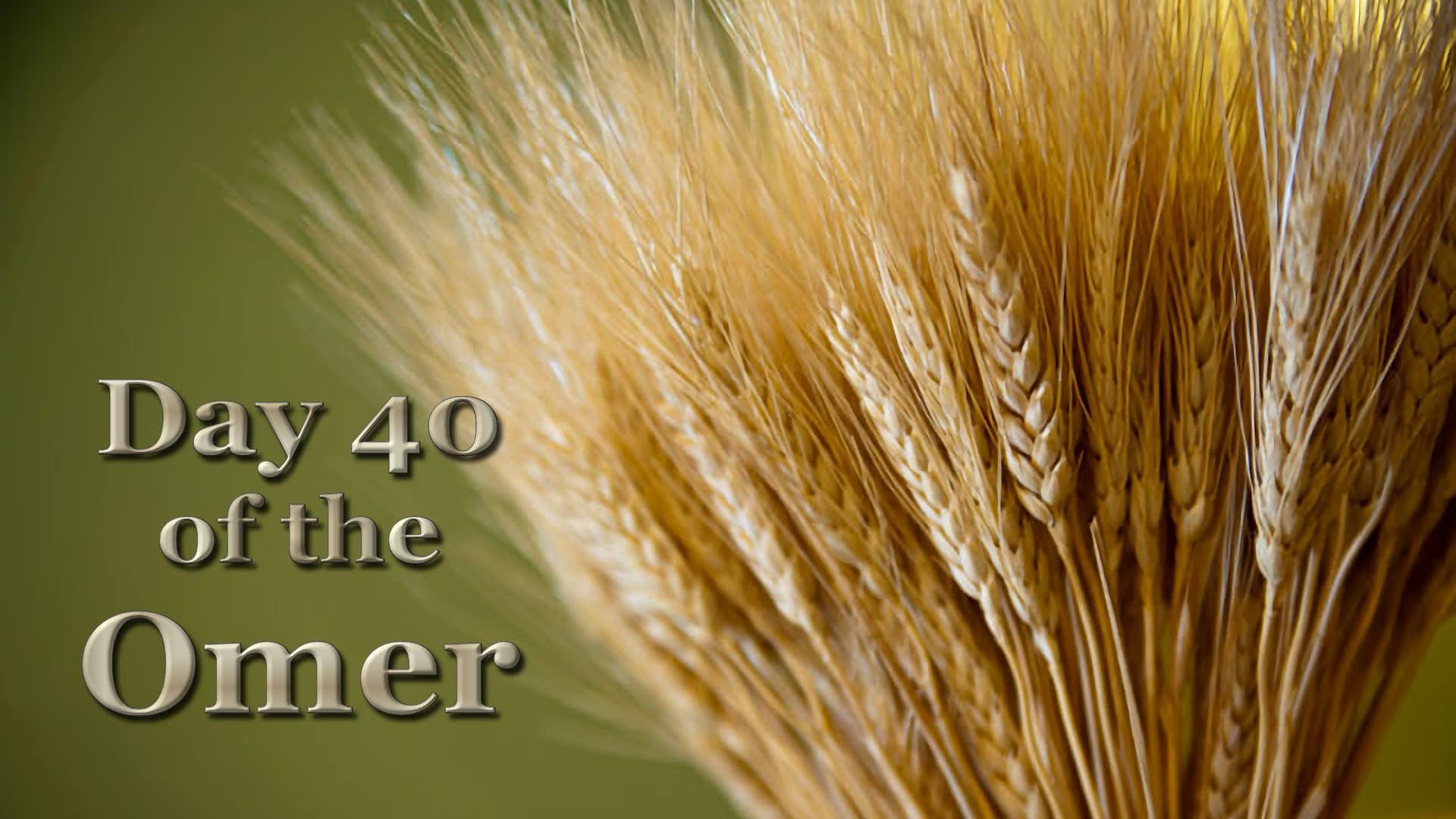



6000 year old shark hooks? https://thekingdomnetwork.us/2....025/05/22/old-tackle



Created OOMs 👉
an old photograph of florence italy made of cardboard and crayon hieroglyphs in the hands of a long thin representation of a reptilian, a large net is tangled around the spines of its back, in the style of Giotto di Bondone
{prompt for AI generated found OOM}
#dailycreatedoom
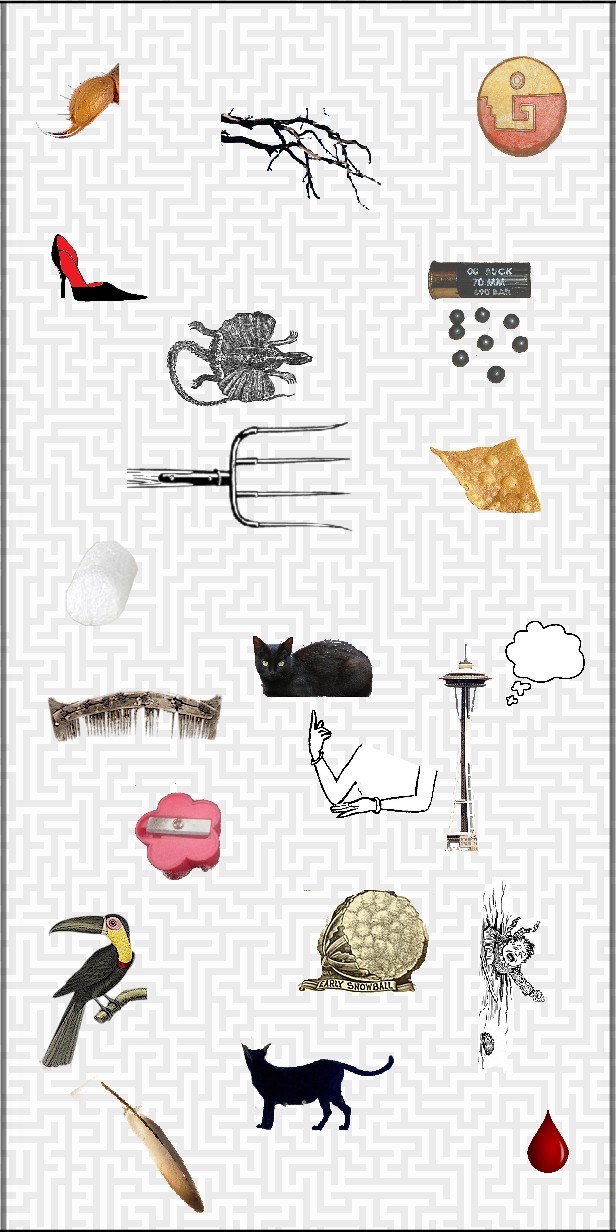



Created OOMs 👉
an old photograph of florence italy made of cardboard and crayon hieroglyphs in the hands of a long thin representation of a reptilian, a large net is tangled around the spines of its back, in the style of Giotto di Bondone
{prompt for AI generated found OOM}
#dailycreatedoom
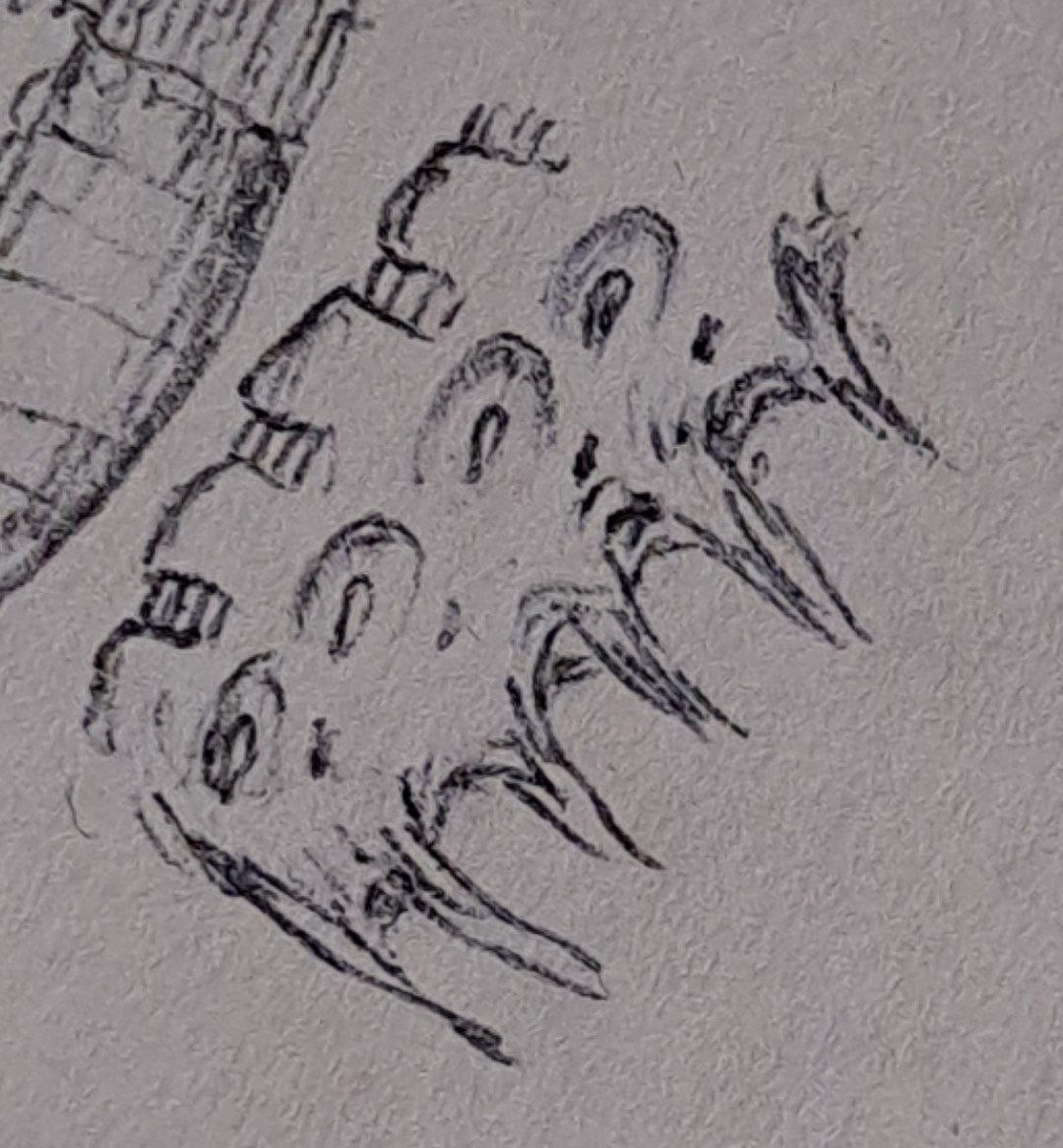



Created OOMs 👉
an old photograph of florence italy made of cardboard and crayon hieroglyphs in the hands of a long thin representation of a reptilian, a large net is tangled around the spines of its back, in the style of Giotto di Bondone
{prompt for AI generated found OOM}
#dailycreatedoom
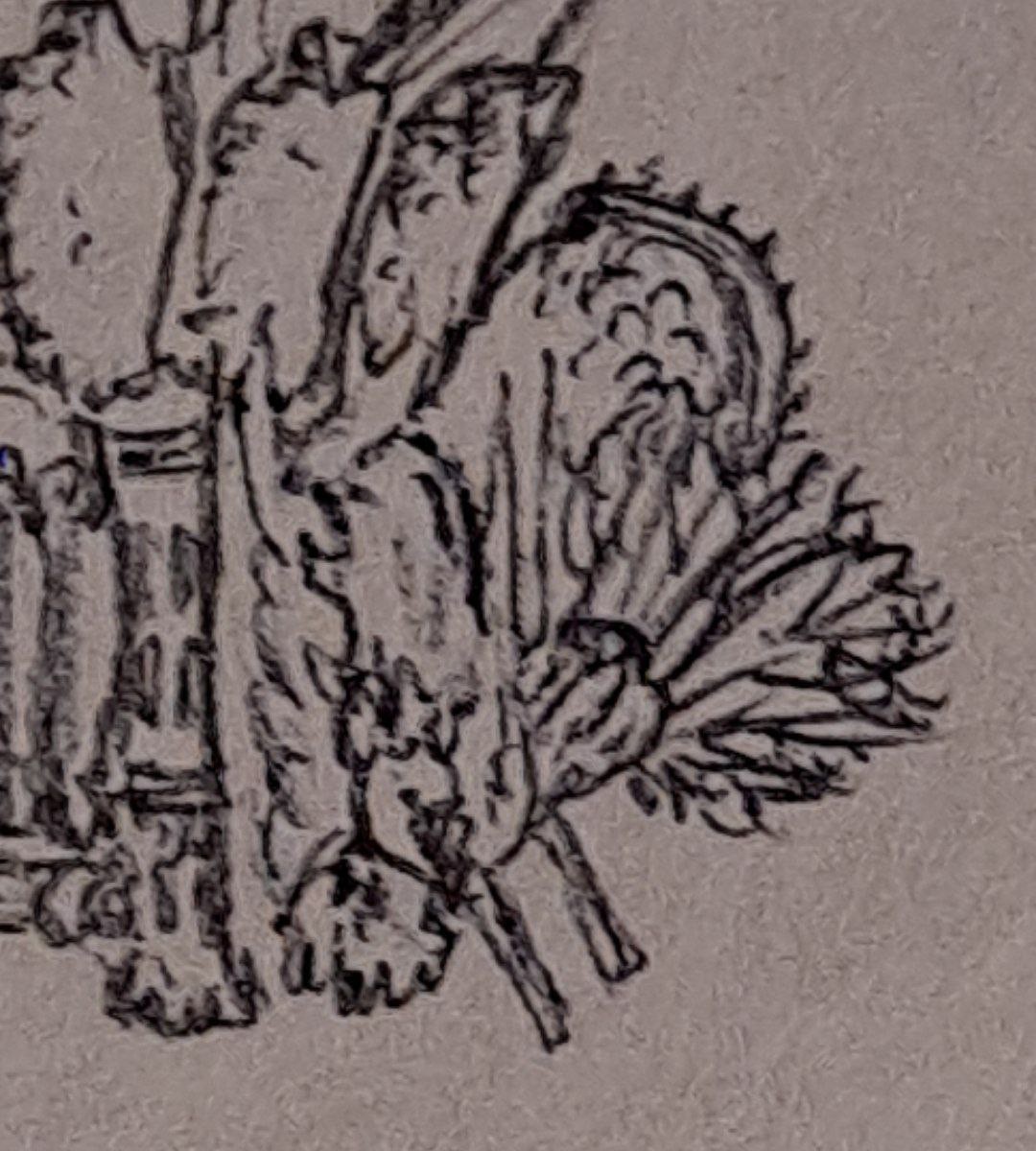



Created OOMs 👉
an old photograph of florence italy made of cardboard and crayon hieroglyphs in the hands of a long thin representation of a reptilian, a large net is tangled around the spines of its back, in the style of Giotto di Bondone
{prompt for AI generated found OOM}
#dailycreatedoom
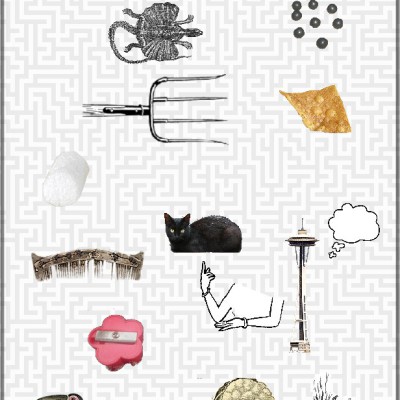
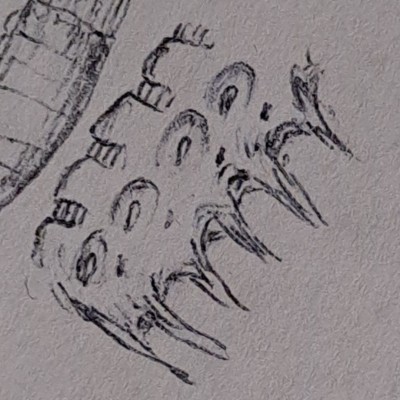
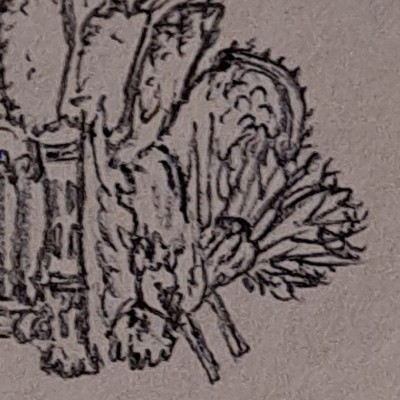



Greet also the church in their [Prisca and Aquila] house....
Romans 16:5 ESV
Rome was a very large city. If there were any significant number of believers, then there must have been multiple homes scattered across the area in which they were meeting. Prisca and Aquila hosted an assembly at their home in Ephesus, and having returned to Rome, now hosted an assembly there instead.
This should be the norm.


